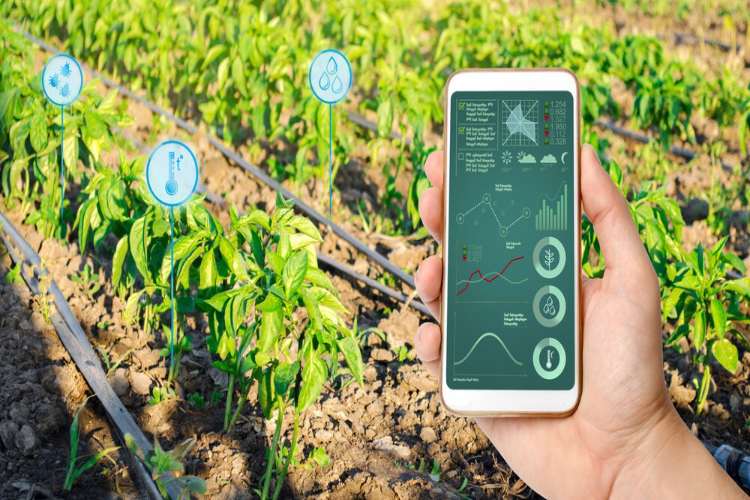The technology will be deployed in all the 14,000 public borewells. Currently, the focus is to deploy on the 7,000 active ones
In an effort to ease the water crisis situation in the city, the Bangalore Water Supply and Sewerage Board (BWSSB) has introduced cutting-edge technologies like Artificial Intelligence (AI) and the Internet of Things (IoT) for managing the dried borewells efficiently. India’s IT capital, which is also the Silicon Valley, has been going through a serious water shortage caused by inadequate rainfall, which has reduced the water level in the Cauvery river.
The crisis has not only impacted drinking water but has also damaged the agricultural sector. Moreover, the borewells have started drying up because of insufficient rainfall in the past few months. On March 25, the water supply board unveiled the deployment of IoT and AI in a borewell in central Bengaluru. Out of the entire 14,000 borewells in the city, around 6,900 have already dried up.
In an interaction with Moneycontrol, BWSSB chairman V Ram Prasath, said, "The IoT sensors installed will analyze flow patterns, sending data to the cloud for assessment. Based on this, the system will regulate motor operation, ensuring optimal usage. When water levels decrease, automatic signals will prompt shutdowns, minimizing manual intervention."
Explaining the trends shifting towards data-driven management, Manohar added that the technology deployed will help in decreasing the unscientific misuse of borewells and also ensuring sustainability. Fixed pumping levels will prevent overuse, while central monitoring will streamline operations.
The BWSSB chairman also highlighted the challenges while analyzing the volume of water level in the borewell. He stressed the requirement of controlled pumping in an effort to decrease the damages in the infrastructure of the borewells. The technology will be deployed in all the 14,000 public borewells. Currently, the focus is to deploy on the 7,000 active ones. "We have successfully piloted this technology in five borewells and plan to expand its implementation to the remaining ones," added Manohar.











